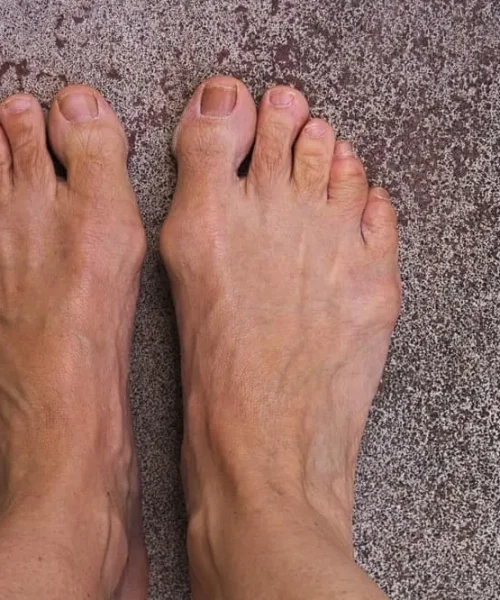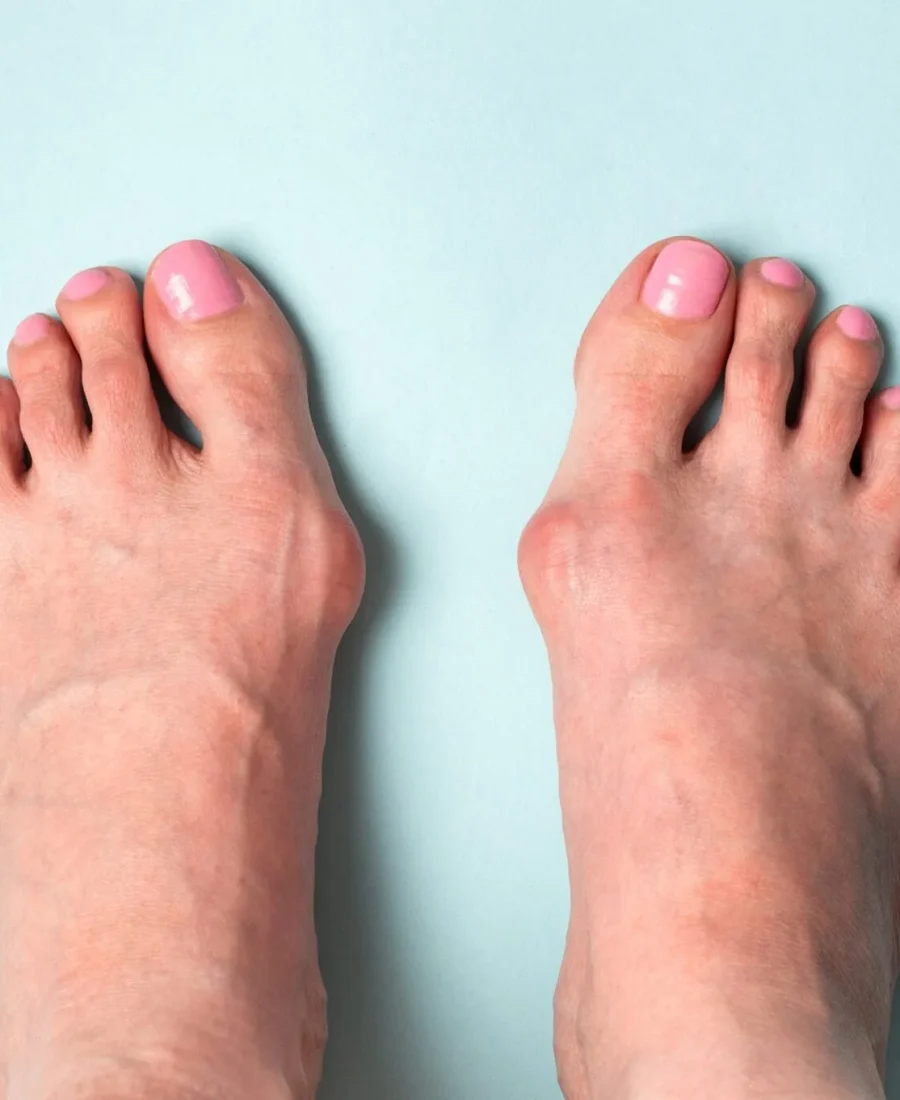Juvenile Bunion Treatment In Adelaide
Juvenile bunion treatment focuses on correcting foot deformities in children and teens. Our comprehensive approach includes non-surgical options like orthotics, footwear adjustments, and physical therapy to alleviate pain and prevent progression, ensuring your child’s feet stay healthy and comfortable.
Diagnosis, Treatment, and Prevention
At Keep Me Walking Podiatry, we offer complete care for juvenile bunions to ensure your child’s foot health and comfort. Our process begins with a thorough diagnosis, including a detailed examination and, if necessary, imaging studies to understand the extent of the bunion. We then create personalized treatment plans tailored to your child’s needs. Our non-surgical options include custom orthotics to support proper foot alignment, specially designed footwear to reduce pressure on the bunion, and physical therapy to strengthen foot muscles and improve flexibility.
Our goal is to relieve pain, correct the bunion, and prevent future issues, ensuring your child can walk comfortably and confidently. We also provide education on proper footwear and foot care practices to support long-term foot health.

Why Choose Us for Your Care?
At KMW Podiatry, we provide exceptional podiatry services across Adelaide, ensuring every patient receives personalized, high-quality care.
Health Scheme Support
We support patients under Work cover, GP care, NDIS, DVA, SAH, and other government schemes, providing consistent care for everyone.
Latest Technologies
We adopt the latest technologies to offer advanced podiatric care, providing innovative solutions for your foot health.
Convenient Locations
With clinics In stand-alone locations, GP Medical centers and Home Visits, our services are easily accessible, making it convenient for you to receive top-notch care.
24/7 Emergency Help
We are available around the clock for emergency assistance, ensuring you get the help you need whenever you need it.
Effective Solutions for Juvenile Bunions
Our Adelaide clinic specializes in treating juvenile bunions with effective, non-surgical methods tailored to your child’s needs. We focus on using custom orthotics to support and align the feet properly, helping to reduce pain and slow the progression of the bunion. Additionally, we recommend and provide customized footwear designed to minimize pressure on the affected area. Our targeted exercises and physical therapy programs are designed to strengthen the foot muscles, enhance flexibility, and promote better foot mechanics.
Our friendly and experienced team is dedicated to helping your child maintain healthy feet, offering ongoing support, follow-up care, and preventive tips to stop bunions from worsening. We believe in a holistic approach, ensuring that every aspect of your child’s foot health is addressed to keep them active and pain-free.
Our podiatrists will work with you to develop a personalized treatment plan that is tailored to your specific needs and goals. We understand that every patient is unique, and we strive to provide the highest quality care to help you achieve optimal foot and ankle health.
In addition to treatment, our podiatrists can also provide advice on how to prevent shin splints as well as anterior knee pain from occurring in the first place. This may include recommendations on proper footwear, stretching exercises, and other strategies to support the health and function of your lower legs.

Treatment Options for Juvenile Bunion
Treatments are different for every person depending on the patient’s symptoms and needs. Some treatment strategies may include:
If your child is experiencing bunion pain or any other foot or ankle issues, we encourage you to contact Keep Me Walking Podiatry at 1800962113 to schedule an appointment. Our team is dedicated to providing relief and improving your child’s foot and ankle health.
FAQ's For Juvenile Bunion Treatment
What causes juvenile bunions?
Juvenile bunions are often caused by inherited foot structures, poor footwear choices, or abnormal foot mechanics. Early detection and treatment are crucial to manage and prevent worsening of the condition.
What are the symptoms of juvenile bunions?
Symptoms include a noticeable bump on the side of the big toe, redness, swelling, and pain around the joint. Difficulty in finding comfortable shoes and changes in walking patterns are also common.
How are juvenile bunions diagnosed?
Diagnosis involves a thorough physical examination, patient history, and sometimes imaging tests like X-rays. This helps in assessing the severity of the bunion and planning appropriate treatment.
What non-surgical treatments are available for juvenile bunions?
Non-surgical treatments include custom orthotics, special footwear, physical therapy, and pain relief methods like ice and medication. These aim to alleviate pain, correct foot alignment, and prevent further progression.
Can juvenile bunions be prevented?
Prevention focuses on wearing properly fitted shoes, using orthotics if needed, and regular foot exercises. Early intervention and monitoring can help manage the condition and prevent it from worsening.
